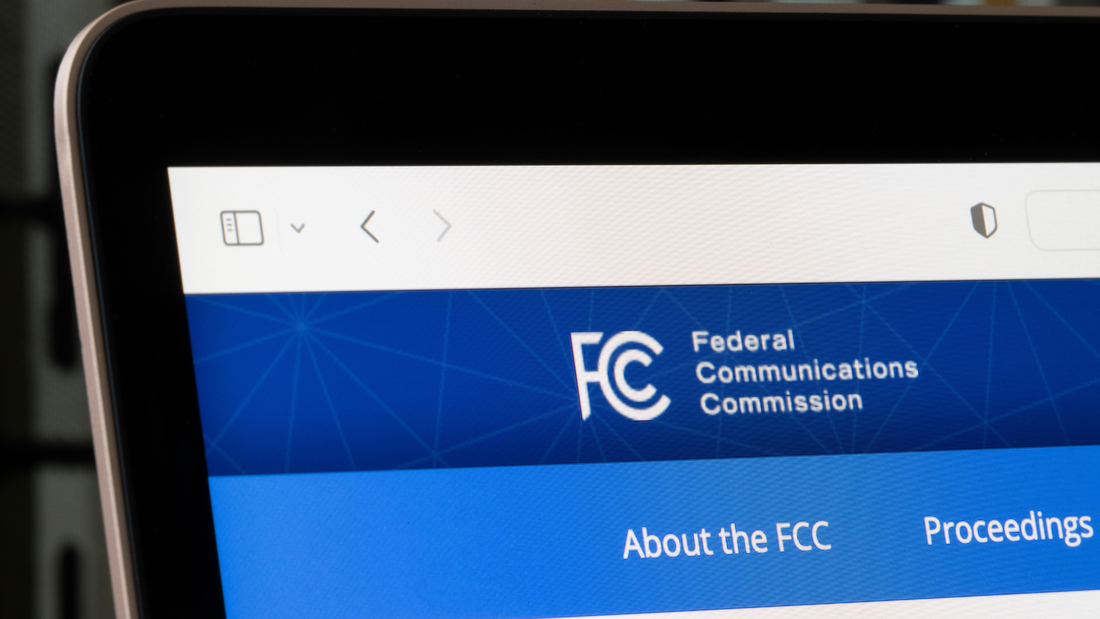But Who Will Fine the FBI? The Federal Communications Commission on Monday fined four wireless carriers – Verizon, AT&T, Sprint, and T-Mobile – nearly $200 million for sharing the location data of customers, often in real-time, without their consent.
The case is an outgrowth of an investigation that began during the Trump Administration following public complaints that customers’ movements were being shared in real time with third-party companies. This is sensitive data. As FCC Chairwoman Jessica Rosenworcel said, consumers’ real-time location data reveals “where they go and who they are.” The carriers, FCC declared, attempted to offload “obligations to obtain customer consent onto downstream recipients of location information, which in many instances meant that no valid customer consent was obtained.” The telecoms complain that the fines are excessive and ignore steps the companies have taken to cut off bad actors and improve customer privacy. But one remark from AT&T seemed to validate FCC’s charge of “offloading.” A spokesman told The Wall Street Journal that AT&T was being held responsible for another’s company’s violations. Verizon spokesman told The Journal that it had cut out a bad actor. These spokesmen are pointing to the role of data aggregators who resell access to consumer location data and other information to a host of commercial services that want to know our daily movements. The spokesmen seem to betray a long-held industry attitude that when it sells data, it also transfers liability, including the need for customer consent. Companies of every sort that sell data, not just telecoms, will now need to study this case closely and determine whether they should tighten control over what happens to customer data after it is sold. But there is one glaring omission in the FCC’s statement. It glides past the government’s own culpability in degrading consumer privacy. A dozen federal law enforcement and intelligence agencies, ranging from the FBI to the ATF, IRS, and Department of Homeland Security, routinely purchase and access Americans’ personal, digital information without bothering to secure a warrant. Concern over this practice is what led the House to recently pass The Fourth Amendment Is Not For Sale Act, which would require government agencies to obtain warrants before buying Americans’ location and other personal data from these same data brokers. It is good to see the FCC looking out for consumers. But who is going to fine the FBI? Comments are closed.
|
Categories
All
|


 RSS Feed
RSS Feed